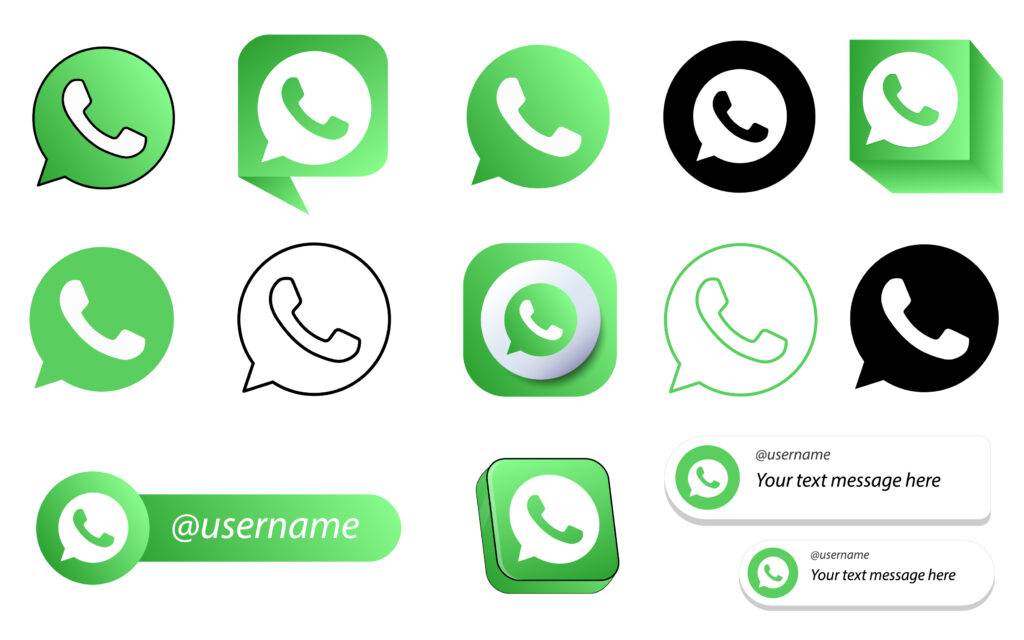WhatsApp, with over 2 billion users worldwide, is one of the most popular messaging apps globally. It’s celebrated for its end-to-end encryption, which promises to keep your conversations secure and private. However, recent developments and controversies have raised questions about just how private WhatsApp truly is. In this article, we’ll delve into the privacy features of WhatsApp, the challenges it faces, and what you can do to enhance your privacy on the platform.

End-to-End Encryption: The Cornerstone of WhatsApp’s Privacy
WhatsApp’s end-to-end encryption is its flagship feature and the foundation of its commitment to user privacy. This encryption ensures that only the sender and recipient of a message can read its content. Even WhatsApp itself claims it cannot access your chats because it lacks the encryption keys to decrypt them.
This level of encryption is a significant step towards protecting your conversations from unauthorized access, including hackers and government surveillance. It’s a vital feature for those who value their privacy in an increasingly digital world.
Privacy Challenges for WhatsApp
Despite its encryption, WhatsApp has faced several privacy challenges that have raised concerns among users and experts.
1. Data Sharing with Facebook: In 2016, WhatsApp announced that it would share some user data with its parent company, Facebook, including phone numbers and usage patterns. While WhatsApp claims this is for improving targeted advertising and spam control, it raised alarm bells about user data being shared with a social media giant known for its data collection practices.
2. Metadata Exposure: While the content of WhatsApp messages is encrypted, metadata, such as who you communicate with, when, and for how long, is still accessible. This metadata can reveal valuable information about your behavior and connections.
3. Backups in the Cloud: WhatsApp allows users to back up their chats to cloud services like Google Drive or iCloud. While these backups are encrypted, they are typically not end-to-end encrypted, meaning the cloud provider could potentially access your chat history.
4. Potential for Phishing: Like any digital platform, WhatsApp is not immune to phishing attacks. Users may receive fraudulent messages or links that trick them into revealing sensitive information.
5. Government Demands for Data: WhatsApp has faced legal pressure from various governments to provide access to user data for law enforcement purposes. While it claims not to have access to the content of messages, it may be compelled to share metadata and other user information.
Enhancing Your Privacy on WhatsApp
If you value your privacy on WhatsApp, there are steps you can take to enhance it:
1. Adjust Privacy Settings: Within the WhatsApp app, you can configure your privacy settings to control who can see your profile picture, status, and last seen time. You can also restrict who can add you to groups.
2. Enable Two-Step Verification: Two-step verification adds an extra layer of security to your WhatsApp account. It requires a PIN that you set, which is needed to verify your phone number on WhatsApp.
3. Regularly Review App Permissions: On your smartphone’s settings, review the permissions granted to WhatsApp. Ensure that it only has access to necessary data and features.
4. Use Disappearing Messages: WhatsApp offers a “disappearing messages” feature that automatically deletes messages in a chat after seven days. You can enable this feature for specific chats to reduce the permanence of your conversations.
5. Be Cautious of Phishing: Avoid clicking on suspicious links or sharing personal information in response to unsolicited messages. Verify the identity of the sender if you receive unusual requests.
6. Opt-Out of Data Sharing with Facebook: You can opt-out of data sharing with Facebook by going to WhatsApp’s settings, selecting “Account,” and disabling the “Share my account info” option.
Conclusion
WhatsApp’s end-to-end encryption is a valuable tool for protecting your conversations from prying eyes. However, it’s essential to understand that privacy in the digital age is a complex and evolving challenge. While WhatsApp has made strides in protecting your messages, it’s not immune to privacy concerns and potential vulnerabilities.
By being mindful of your privacy settings, regularly reviewing permissions, and staying vigilant against phishing attempts, you can enhance your privacy on the platform. Ultimately, WhatsApp remains a valuable communication tool, but it’s crucial to strike a balance between convenience and protecting your personal information in an increasingly interconnected digital world.